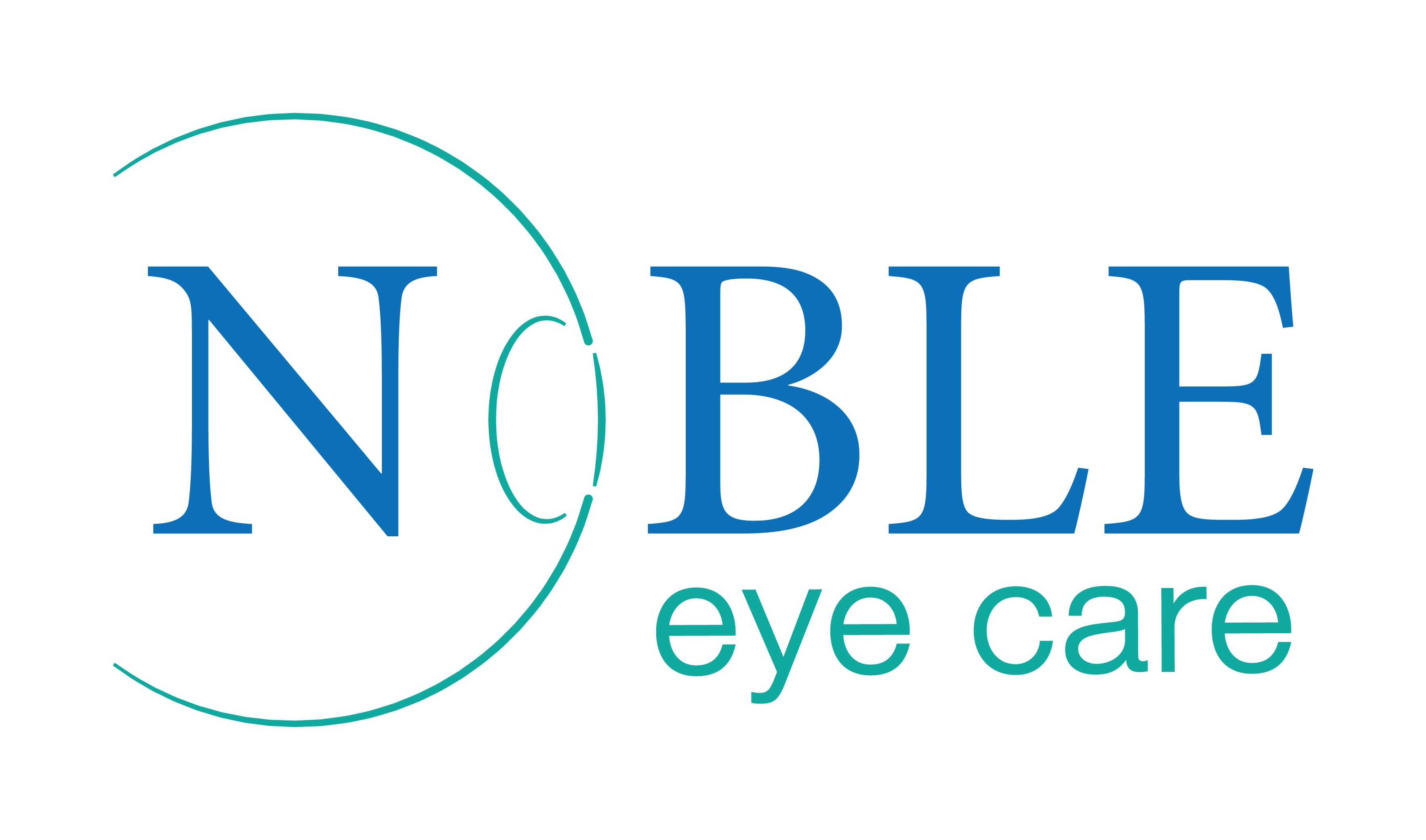Amblyopia, more commonly known as lazy eye, is a vision development disorder in which the brain and eyes don't work together correctly. It often affects only one eye and interferes with proper visual development.
Untreated amblyopia can have long-term effects on a person's vision lasting into adulthood. Treatment for lazy eyes typically involves corrective eyewear or patching the stronger of the two eyes to encourage the use of the weaker one. Early diagnosis and treatment are necessary for successful results, so you must talk to your doctor if you suspect a vision disorder in your child. Read on more about the lazy eye, its causes, symptoms, treatment, and more below:
Content Of the Article
- What is Amblyopia or Lazy Eye?
- Causes of Amblyopia
- Symptoms
- Treatment for Amblyopia
- Concluding remarks - On finding the best specialist for Lazy eye
What Is Amblyopia or Lazy Eye?
Amblyopia is a type of vision condition that generally occurs in one eye but less frequently in both eyes. The condition develops if there is a breakdown in how the brain and the eye work together, and the brain fails to detect the sight from the affected eye. With time, the brain continues to depend on the sight generated from the healthy eye, while vision from the weak or affected eye gets weaker.
In other words, lazy eye or amblyopia is a vision disorder caused by the lack of use or disuse of one or both eyes. As a child grows, if one eye is not used regularly in tandem with its fellow, the brain will effectively shut down its visual processing for that particular eye.
Causes Of Amblyopia
Lazy eye can be caused by multiple issues, and it may get worse if not treated. The most common cause of amblyopia is the misalignment of the eyes, also known as strabismus, where the eye muscles are not working together effectively to align both eyes on the same image. This misalignment leads to different images being sent to each eye, resulting in poor vision development and, eventually, amblyopia.
Other contributing factors include uncorrected refractive error, such as nearsightedness or farsightedness, the difference in visual acuity between the two eyes, or opacities like cataracts blocking light coming into the eye. In many cases, a doctor may not know what actually causes a lazy eye. Amblyopia can be successfully managed with prompt diagnosis and treatment; however, early detection is important for better outcomes.
Symptoms
Common symptoms of lazy eye include poor depth perception, difficulty focusing on objects up close or far away, blurry vision in one eye and frequent eyes that are misaligned or pointing in different directions.
Additionally, lazy eye can cause complications such as learning difficulties and visual discomfort. In several cases, parents don't know their children have lazy eyes until an eye specialist diagnoses it during an eye examination. For this reason, it is important that parents take their children to vision screening as recommended by their doctors.
While many cases are mild and require minimal treatment to correct, more severe cases may require additional intervention such as surgery or corrective lenses. With early diagnosis and proper care from an optometrist, treatment for lazy eye can be successful with long-term positive outcomes for vision.
Treatment For Amblyopia
Treatment methods typically involve using corrective lenses to help with the alignment of the eyes, along with medicated eye drops that can improve the nerve connections between the brain and the eye. Some doctors may recommend patching one eye or exercises that help build vital communication pathways between the eyes and optic nerve. With early detection and proper treatment, amblyopia can often be successfully treated and restored to full visible capability.
Fortunately, restoring sight in an amblyopic eye is still possible, even if detected late in life. With diligence and personalised treatments like patching of the good eye, vision therapy exercises, anti-amblyopia glasses, specialised lenses and more — it is possible to address this issue and regain vision in the lazy eye! Children without treatment may have vision problems for the rest of their life. So, it is important to start the treatment as early as possible.
Concluding Remarks - On Finding The Best Eye Specialist For Amblyopia
Finding the right specialist for lazy eye care can seem daunting, but it doesn't have to be. Start your search by asking family and friends if they have any recommendations. Your primary care physician might also be able to provide you with a referral or at least point you in the right direction. When researching potential specialists online, look for experience and success stories from past patients—this will give you an idea of what you can expect in terms of services offered and results. Another important factor is how comfortable the doctor makes you feel; after all, finding the best specialist for your needs includes choosing someone who makes it easy for you to ask questions and trust their advice.
Dr. Digvijay Singh is an ophthalmologist (eye specialist) specialising in Paediatric ophthalmology, Strabismus (Squint), Glaucoma and Neuro-ophthalmology. He was trained at the coveted All India Institute of Medical Sciences, New Delhi, where he spent around 12 years. He was a consultant at Medanta-The Medicity where he practised for 3.5 years before moving on to create his own ophthalmic specialty centre, Noble Eye care.
He has been a faculty at national and international conferences and has delivered various instruction courses in his fields of specialisation. With over 70 publications, chapters and a book to his credit, Dr Digvijay Singh has contributed significantly to ophthalmic science. If you are searching for a trusted eye specialist for amblyopia, please follow this page to book an appointment.

![DigvijayProfile[1]](https://drdigvijaysingh.com/wp-content/uploads/2017/11/DigvijayProfile1.jpg)

Recent Comments